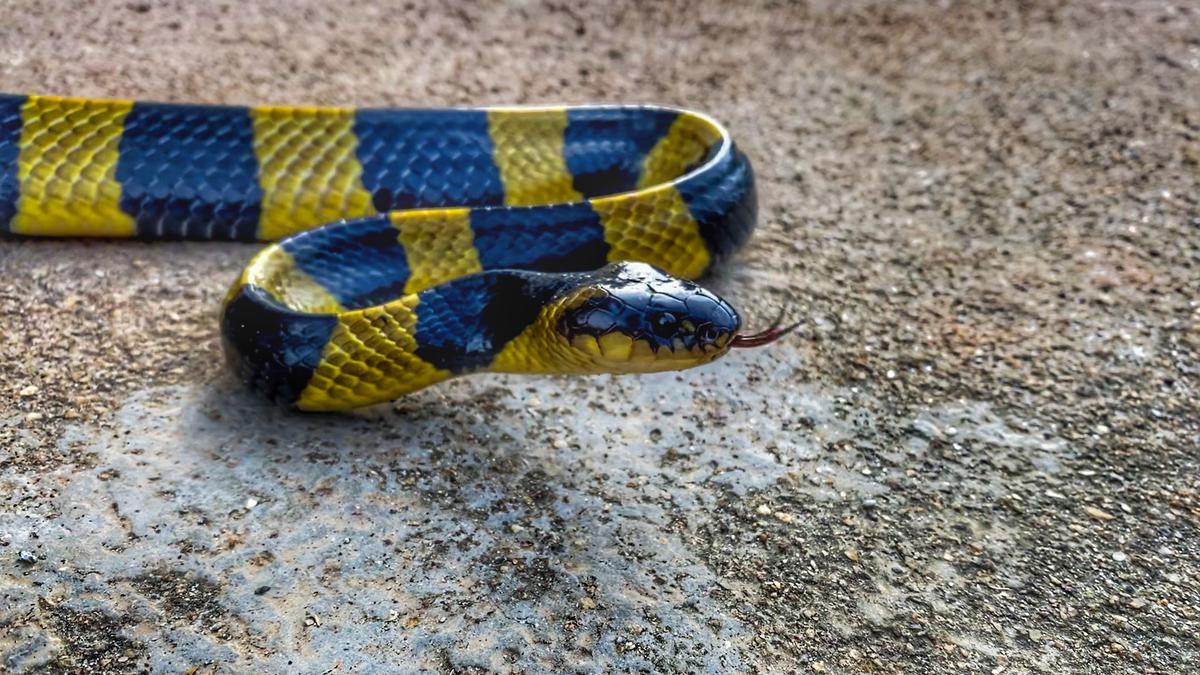
Team including Indian scientists designs potent antidote to cobra, krait venom toxins Premium
The Hindu
Snakebite envenoming is a major health crisis, but scientists are developing human antibodies to create more effective antivenoms.
For some people, snakes are exotic yet dangerous creatures of the wild; eerie but elusive, and not something to worry about in day-to-day life. For others, especially some farmers in India and Africa, they are a constant and terrifying threat to life.
Venom from snake bites leads to more than 100,000 deaths every year, with around 400,000 people left permanently disabled The mortality burden is especially higher in low and middle-income countries in Africa and Asia, with India alone at a staggering average of 58,000 deaths in a year according to a 2020 report. However, considered a “poor man’s disease”, relatively less attention has been paid to the devastation caused by the bites. In some of these countries, snakebite incidence is distressingly high but inadequate access to proper healthcare prevents fast and efficient treatment, leading to disproportionately more deaths.
Things were set to improve in 2017 when the World Health Organisation (WHO) finally stepped in to alert the world about one of its biggest hidden health crises. It officially classified snakebite envenoming as a highest priority neglected tropical disease.
A major issue is that the current process of producing antivenom is outdated: it involves injecting large animals like horses with snake venom and collecting the animals’ blood for the antibodies it produces against the venom.
But the horses’ blood could contain antibodies against other microorganisms as well, even against other components of the venom that are not harmful to humans. So only a fraction of the antibodies in the antivenoms is useful to humans, leading to more variability and the need for larger doses.
In addition, because these antibodies are produced in another animal, the chances of humans developing an adverse or allergic reaction to these antivenoms are also higher.
Driven by these concerns, a group of scientists — part of a consortium funded by the Wellcome Trust — decided to sidestep animals and use human antibodies instead. Using a type of toxin found in many kinds of snakes, they synthetically developed a broadly applicable human antibody against the toxin. Their results were recently published in the journal Science Translational Medicine.

Thomas Jefferson and Abraham Lincoln are two of the greatest presidents that the U.S. has seen. You probably know that already. But did you know that Jefferson made what is considered the first contribution to American vertebrate paleontology? Or that Lincoln is the only U.S. president to receive a patent? What’s more, both their contributions have March 10 in common… 52 years apart. A.S.Ganesh hands you the details…












